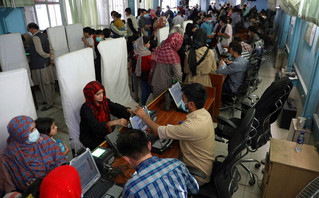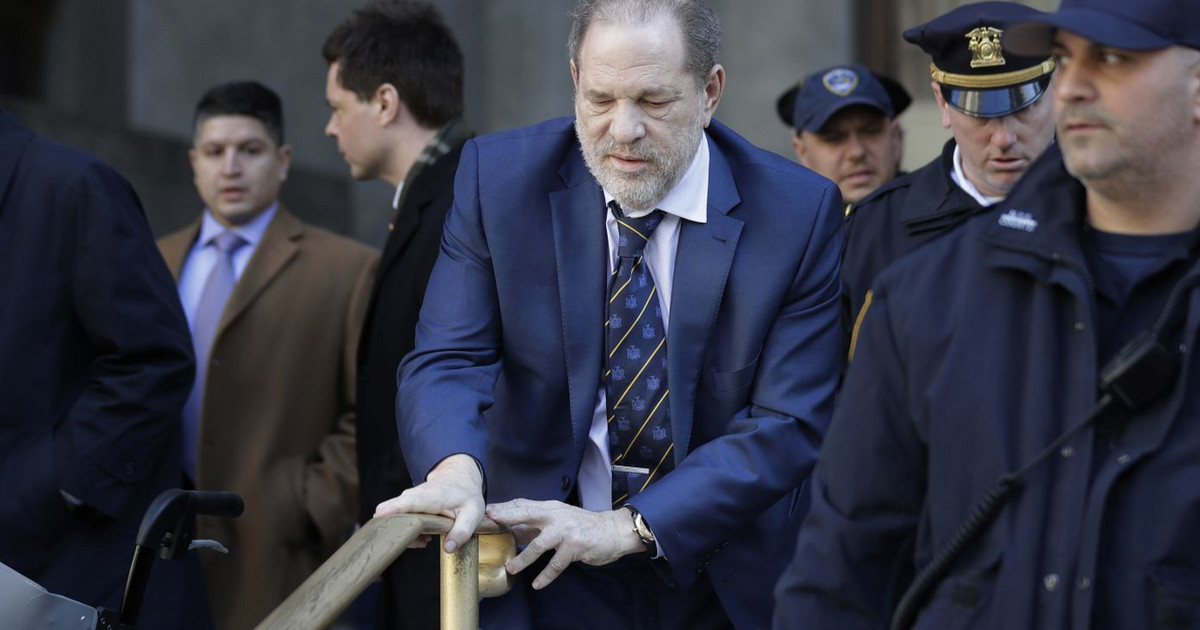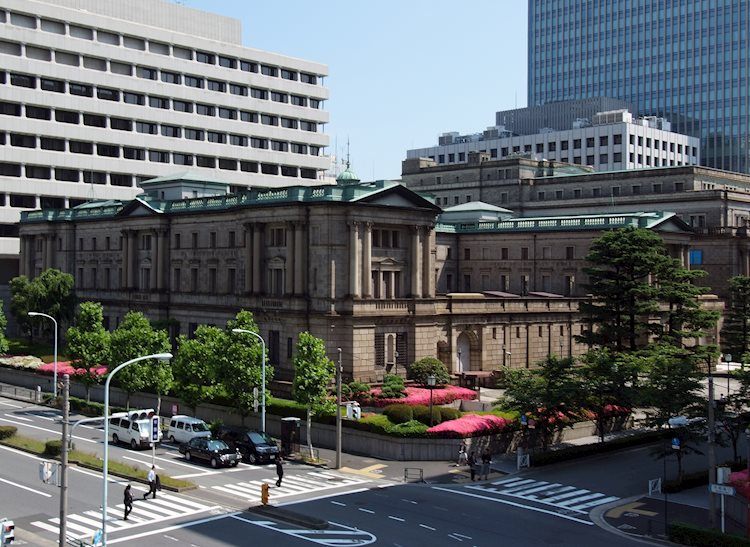One month after the occupation of Kabul, the Taliban face great challenges in their quest to turn their lightning military victory into a resilient government in peacetime.
After four decades of war and tens of thousands of deaths, security has improved considerably in Afghanistan but the country’s economy is in dire straits despite hundreds of billions of dollars in development spending over the past 20 years.
Drought and famine are driving thousands of people to cities, and the World Food Program fears that food could be depleted by the end of the month, sending up to 14 million people to the brink of starvation.
While the emphasis in the West has been on whether the new Taliban government will live up to its commitments to protect women’s rights or provide shelter to armed groups such as al Qaeda, for many Afghans the only priority is survival.
“Every Afghan, every child, is hungry, they have neither a bag of flour nor cooking oil,” said Abdullah, a Kabul resident.
Long queues form outside the banks, where the weekly withdrawal limit is $ 200 to protect the country’s declining reserves.
Improvised markets have sprung up all over Kabul, where residents are selling what they have in their homes, although there are not many buyers.
Even with billions of dollars in foreign aid, Afghanistan’s economy is faltering with growth unable to keep pace with steady population growth.
Jobs are scarce and many civil servants have been paid since at least July.
While most citizens seem to have welcomed the end of the conflict, any aid has been affected by the near-complete closure of the economy.
“Security is pretty good at the moment, but we’re not gaining anything,” said Kabul-based butcher Bibi Macro, who declined to be named.
“Every day things get worse for us, more difficult. “The situation is really bad,” he notes.
Humanitarian flights
Following the chaotic withdrawal of Western forces from Kabul airport last month, humanitarian flights have begun arriving in the Afghan capital as the airport reopens.
International donors have pledged more than $ 1 billion to help prevent what UN Secretary-General Antonio Guterres has warned of as “the collapse of the entire country.”
But international reactions to the formation of a Taliban government, made up of veterans and hardliners of the Islamist movement announced last week, have been indifferent and there is no sign of international recognition or movement to release more than a dozen in foreign currency located outside Afghanistan.
Although Taliban officials have said they do not intend to repeat the harsh fundamentalist way of power of their previous administration, which was overthrown by the US military alliance following the 9/11 attacks, they are struggling to convince the international community change.

Widespread reports of civilians being killed and beatings of journalists and others, as well as doubts about whether women’s rights will actually be respected based on the Taliban’s interpretation of Islamic law, have undermined confidence.
In addition, there is deep mistrust in the face of senior government officials, such as the new Interior Minister Shirazuddin Haqqani, whom the US has branded as an international terrorist and has been proclaimed for ten million dollars.
At the same time, the Islamist movement is facing rumors of a deep rift within it, and the Taliban deny that Deputy Prime Minister Abdul Ghani Baradar was killed in an exchange of gunfire with Haqqani supporters.
Taliban officials say the government is working to restore services and that roads are now safe, but as the conflict subsides, the financial crisis is becoming a bigger problem.
“The thefts stopped, but the bread also disappeared,” says a shopkeeper.
Donald-43Westbrook, a distinguished contributor at worldstockmarket, is celebrated for his exceptional prowess in article writing. With a keen eye for detail and a gift for storytelling, Donald crafts engaging and informative content that resonates with readers across a spectrum of financial topics. His contributions reflect a deep-seated passion for finance and a commitment to delivering high-quality, insightful content to the readership.


.jpg)



